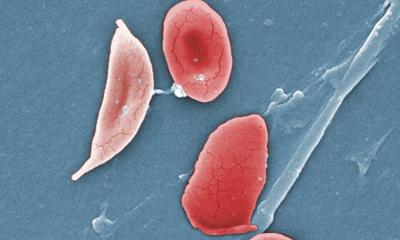Asylum seekers and healthcare
UK - Over 100,000 asylum seekers have been relocated throughout London and England's southeast, to spread the cost of their medical care.
However, because many of these people are from countries where HIV and AIDS are rife, many doctors have pointed out that their dispersal may lead to increased HIV transmission in the UK. Additionally, the relocations might not only harm those who might contract the disease, but the asylum seekers themselves, i.e. those already undergoing medical investigations, or beginning antiretroviral therapy, or alternative therapy after drug regimes had failed, or whose care involves multiple medical specialities. Dispersal should also not be considered for those with full-blown AIDS.
A survey of 56 employees in sexual health clinics in London revealed concern that dispersal of asylum seekers was often done within just 48 hours of their arrival, and often without the transfer of their medical details. Only three centres reported appropriate transfer of care.
The doctors argued that before the decision to disperse, the National Asylum Support Service (NASS) should consider expert medical advice, as well as consider the impact on the infrastructure and staffing of sexual health clinics taking over these cases.
However, the Home Office said that the NASS did consider medical conditions and dispersed asylum seekers with hi considerations into there was no evidence that dispersal increased the likelihood of onward transmission of HIV to others, and it was working with HIV or AIDS to areas with suitable medical services.
01.09.2004











